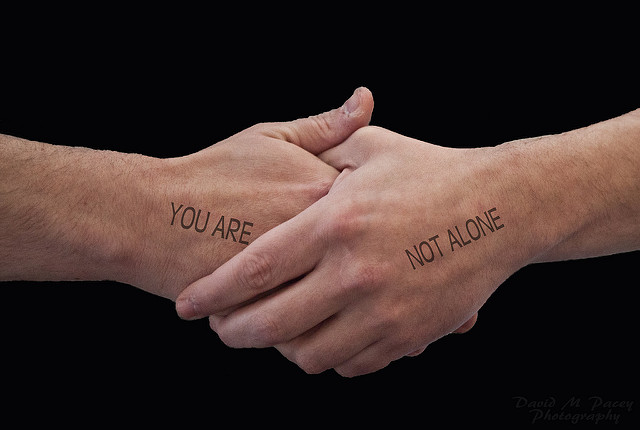Stories have become a potent symbol of Jewish salvation. Balaam, sent to curse the Jews, sees their beautiful encampment and is struck with newfound awe for God. Overcome by the moment, he instead blesses the Jewish People with the words “Ma tovu, ohalecha Yaakov” (“How beautiful are thy tents, O Jacob”) – a prayer we recite to this day.
Ayman Elkasrawy is no Balaam. All hell broke loose when video of him leading prayers at a Toronto mosque appeared online, translating his Arabic words as, “Slay them one by one and spare not one of them … O Allah! Purify Al-Aqsa Mosque from the filth of the Jews!”
As a result, Elkasrawy was publicly condemned by our community and his own, and police opened a hate crimes investigation. He lost his job at the mosque and his other job at Ryerson University. His reputation was completely ruined.
But, as later reported in the Toronto Star, the story was much more complex. The video had been manipulated, the translation of “filth” was particularly dubious and the whole thing was posted on a now-defunct website linked to the alt-right.
That said, Elkasrawy still recognized that his initial, undoctored words were still deeply offensive. He sought out our community via the Mosaic Institute, which promotes pluralism, and entered into a comprehensive program of cultural and educational workshops led by Jewish and interfaith experts. He also visited Beth Tzedec Congregation, his first time ever in a synagogue, where he met with the shul’s senior rabbi.
READ: CHAT BOARD SENDS PARENTS APOLOGY LETTER
By all accounts, the Egyptian-born Elkasrawy emerged a changed man, with a newfound appreciation for Canadian norms and values. And while I doubt that Elkasrawy will chair the Walk With Israel, he has evidently embraced tolerance and learned about the power of language.
Think about this for a moment: a Muslim leader said some really bad things about us. Despite his words being twisted into something even worse, he immediately acted on his error, sought understanding and undertook what might be described as tshuvah.
This is the ma tovu story – the very outcome for which we pray every single day. While not as extreme, Elkasrawy belongs in the same tiny but wonderful category of ex-bigots and former neo-Nazis who realize the errors of their ways and emerge as spokespeople against their former views. We celebrate these small miracles and even invite them into our shuls to tell their stories.
But parts of our community will have none of it. Advocacy organizations doubled down in their condemnations, and others gave no quarter either. For them, Elkasrawy remained treif.
Had Elkasrawy knocked on those doors, he would have found them slammed in his face. He would never have learned how to make amends and would have remained confused, if not resentful. We would all be worse off.
And think about the message we send the next person, Muslim or not, who wants to reach out to us and say, “I think I’ve made a big mistake, and I think I’ve hurt you. Can you help me make it better?” Because of our mixed messages, the next Elkasrawy might now say, “I’m not sticking my neck out and risking further public condemnation when all I want is to make things right.”
Let me be clear: we must confront anti-Semitism and bigotry without hesitation. But the case of Elkasrawy was not black and white, and it merited taking a small chance. If not on him, then on whom?
Which brings us back to Ma Tovu, a prayer of empathy and humanity. Particularly when we are under attack, Ma Tovu gives us hope, since it shows how even those who wish us ill might still have a change of heart and recognize us as fellow human beings. The prophet Balaam did that in the time of the Torah, and a part-time assistant imam named Ayman Elkasrawy is trying to do the same today. We should welcome it.
